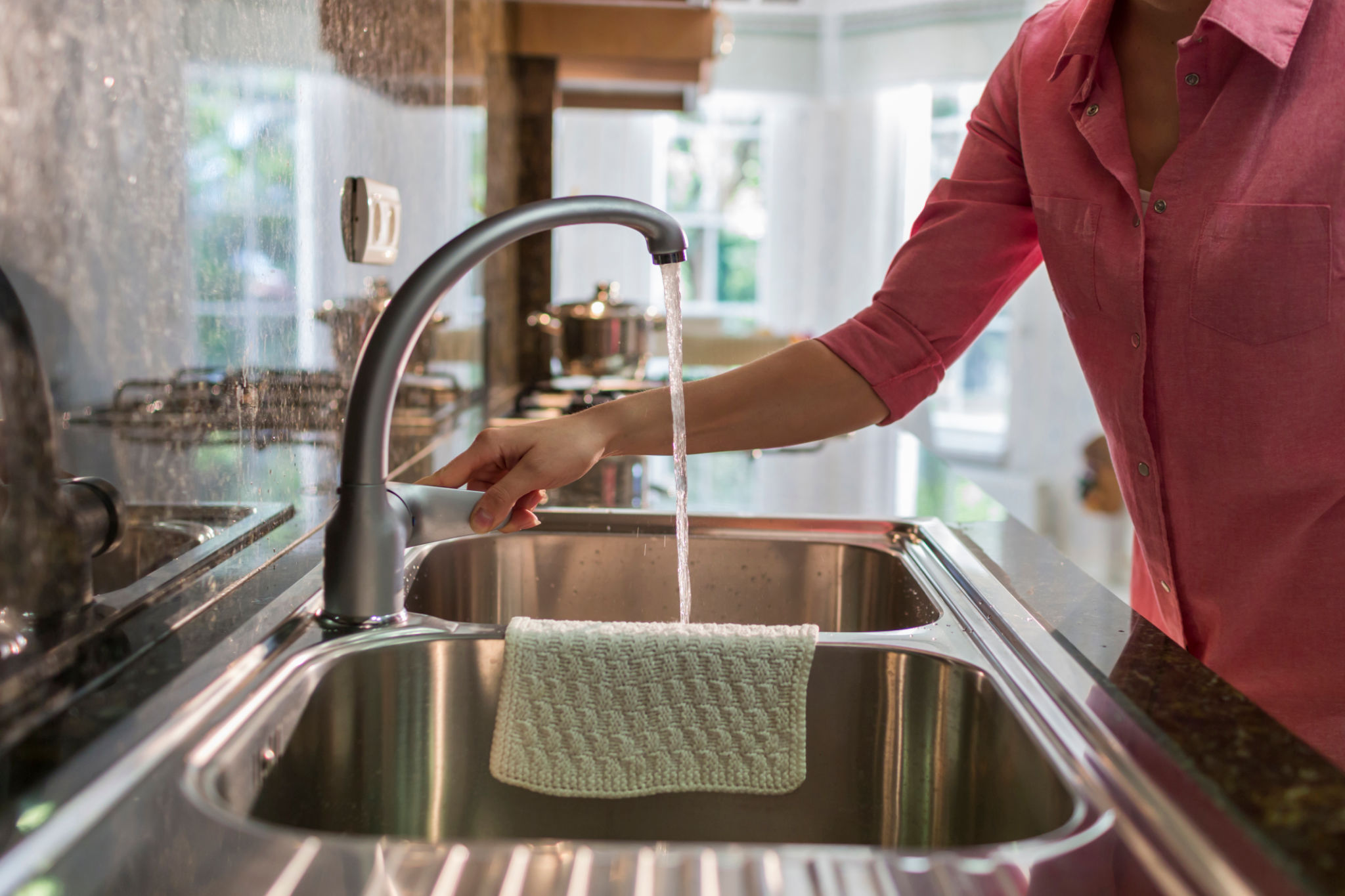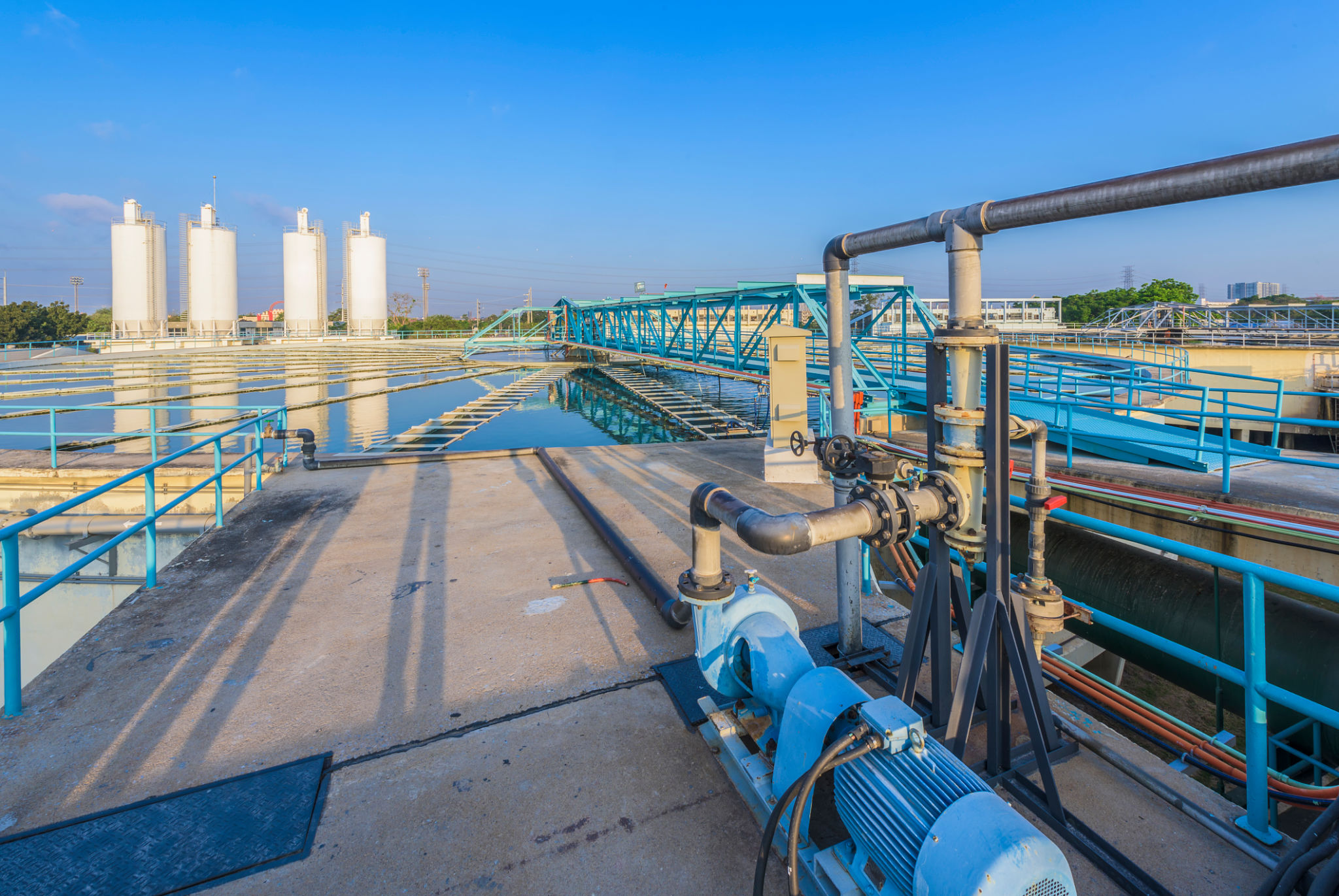Eco-Friendly Plumbing Solutions: Alternatives to Traditional Materials
Introduction to Eco-Friendly Plumbing
As the world becomes increasingly aware of environmental issues, many homeowners are seeking sustainable solutions in all aspects of their lives, including plumbing. Traditional plumbing materials often involve non-renewable resources and can have significant environmental impacts. Fortunately, there are now several eco-friendly alternatives available.

Benefits of Eco-Friendly Plumbing
Eco-friendly plumbing solutions offer numerous benefits beyond sustainability. By using these alternatives, homeowners can often experience improved water efficiency, reduced energy consumption, and lower utility bills. Additionally, environmentally friendly materials can contribute to healthier indoor air quality.
Alternative Materials for Pipes
Traditional pipes are often made from PVC or metal, both of which have downsides in terms of sustainability. Copper pipes are a great alternative because they are recyclable and have a long lifespan. Another option is PEX piping, which requires less energy to produce and is resistant to corrosion.

Efficient Fixtures and Fittings
Switching to low-flow fixtures can considerably reduce water usage without sacrificing performance.
- Low-flow toilets use significantly less water per flush compared to older models.
- Water-saving faucets and showerheads are designed to reduce water flow while maintaining pressure.
Eco-Friendly Water Heating Options
Traditional water heaters can be energy-intensive, but there are greener options available. Tankless water heaters heat water on demand, reducing energy waste. Another option is solar water heaters, which harness the sun’s energy to provide hot water.

Rainwater Harvesting Systems
Rainwater harvesting is an innovative way to achieve water sustainability. These systems collect rainwater from roofs and store it for various non-potable uses such as irrigation and flushing toilets. This not only reduces the demand on municipal water supplies but also helps in managing stormwater runoff.
Greywater Recycling
Greywater systems recycle wastewater from baths, sinks, and washing machines for non-potable uses. This approach not only conserves water but also reduces the burden on sewage systems. By treating and repurposing greywater, homeowners can contribute to a more sustainable water management system.

Choosing the Right Solution for Your Home
When considering eco-friendly plumbing solutions, it’s important to evaluate the specific needs and constraints of your home. Consult with a professional to assess what options are feasible and most beneficial for your situation. Investing in these systems can lead to long-term savings and a reduced environmental footprint.
Conclusion
Eco-friendly plumbing solutions provide a path toward a more sustainable future. By choosing alternative materials and systems, homeowners can significantly reduce their environmental impact while enjoying the benefits of modern, efficient plumbing. As technology advances, these options will continue to grow, offering even more ways to make a positive difference.